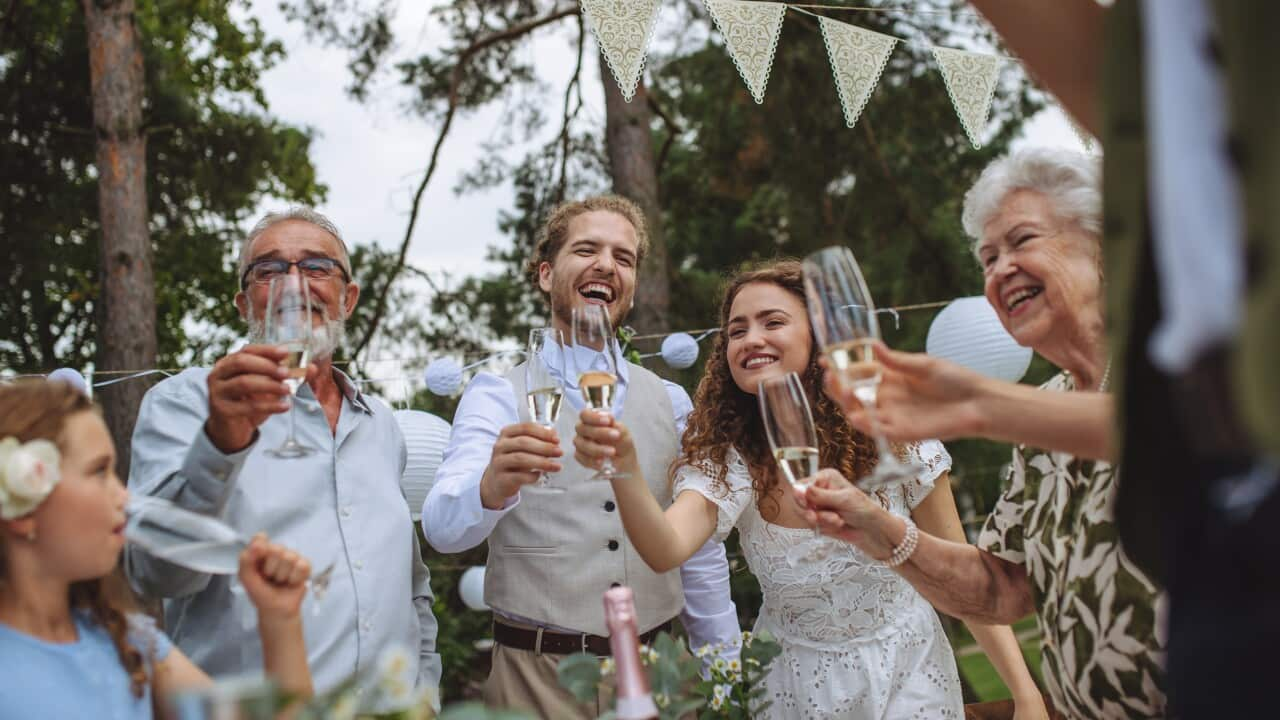For more than 30 years, Kalu Zhang lived by the expectations of others — first as a daughter, then as a wife, and later as a mother.
After high school in China, she dreamed of studying fashion design, but her mother, a doctor, dismissed the idea. Instead, Zhang attended a "mainstream" university and secured a stable job.
When she migrated to Australia in the early 2000s as an accountant, she planned to continue her studies and take the certified practising accountant exam. However, the birth of her first child altered her path.
Six months into motherhood, she considered returning to work, but her mother-in-law advised her otherwise: "Spend more time with the baby. You don’t need to start working so soon."
Zhang said: "From a girl to a wife to a mother, each role brings profound changes to a woman, both physically and emotionally … I lost myself."
Now 49, divorced, and raising two children, she has made it her mission to rediscover herself.
Realising a dream
As a fashion designer, Zhang has altered over 100 wedding dresses. Yet every time she sees a bride in a perfectly tailored gown, she is reminded of one of her deepest regrets.
"When I see the brides posting photos or sending me thank-you letters, I can't help but wonder — when will I have my own wedding?"
She told SBS Chinese that her traditional Chinese wedding, held two decades ago, felt more like a banquet for her family rather than a celebration for herself.
"I wore a wedding dress, but that was just to fulfil my own wish. The other two outfits were traditional Qipao (a traditional Chinese dress)," she said.
Recently, Zhang finally experienced the wedding she had always dreamed of — one that belonged entirely to her.
On 9 February, she walked down the aisle in a wedding dress, hair accessories, and veil of her own design — not to marry a partner, but to marry herself.

As the oldest participant at the event, Zhang wanted to show others that a woman’s beauty does not fade with age — it grows with confidence and experience. Source: Supplied
What are 'marry yourself' events?
She was one of 13 women participating in a "marry yourself" event in Melbourne’s south-eastern suburbs.
Zhang said she joined the event as an act of "self-discovery, self-exploration, and self-reflection".
"I spent the first five or six years [after migrating to Australia] devoted to my family," she said. "After my divorce, I wanted to live for myself."
Melbourne celebrant Lei Liu, one of the event's organisers, said societal expectations often pressure women — especially Asian women — to prioritise others over themselves.
"From a young age, we're told to be a good daughter, a good mother, a good wife, and a good employee," she said.
"But no one ever asks us: What do you want? Over time, we lose ourselves and forget our own needs."

Thirteen women took part in a 'marry yourself' event in Melbourne. Source: Supplied
"This was a female-only event — no husbands, no kids — because we wanted every woman to be completely herself for the day," Liu said.
Fran Martin, a professor of cultural studies at the University of Melbourne, said the "marry yourself" trend is part of a broader global trend.
"It's not literally about only marrying yourself. It's about taking yourself seriously as the protagonist of your life."
Martin said higher education levels among women are driving this shift, and migration has further encouraged independence.
Since 2012, she has been tracking a group of Chinese female international students in Australia. Her 2022 book, Dreams of Flight: The Lives of Chinese Women Students in the West, examines how their perceptions of self-identity, marriage, and gender roles evolve after moving abroad.
"I found that simply the process of leaving China and living independently in Australia for a number of years ... tended to increase this tendency to question the standard feminine life trajectory within China — where women should be married before their 27 or 30 and have their first child before 30."
Instead, many are choosing to marry later, remain single, or focus on personal growth, she added.

Fran Martin, a professor of cultural studies at the University of Melbourne, said the "marry yourself" trend is part of a broader global trend. Source: Supplied
A meaningful commitment or fleeting trend?
When asked if the event was merely symbolic or could genuinely foster self-love, Martin said it could be both.
"It has symbolic value, but participating in such activities can raise consciousness about these issues. And in that way, it can shift the way women see themselves and their lives."
"They [these vows] are famous for being broken very quickly, but that doesn't mean it's meaningless," she said.
"In the months or years after, perhaps participants will remember having made the vows at certain points and that might have some small influence on their experience after that for sure."
As the oldest participant at the event, Zhang wanted to show others that a woman’s beauty does not fade with age — it grows with confidence and experience.
"I don’t see a failed marriage as a failure in life," she said. "It’s just one chapter in your book. Even if you tear out that page, there are still many more to write. What matters is how you continue the story."
"And if I meet the right person in the future, I’ll tie the knot again."



